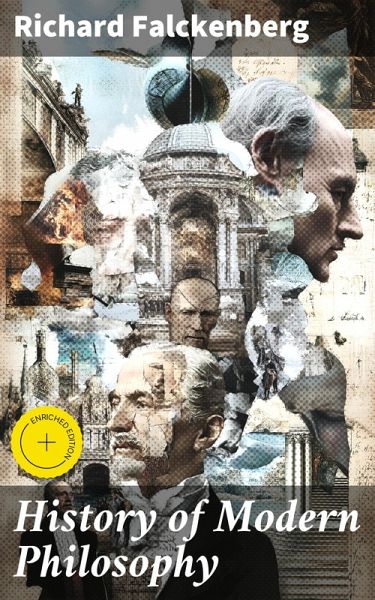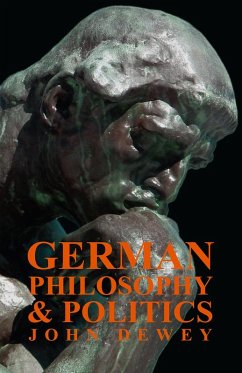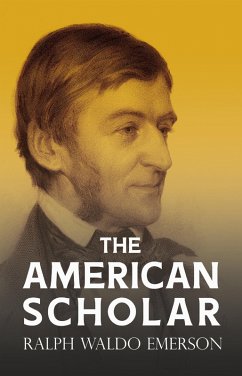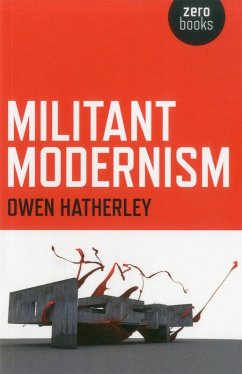
History of Modern Philosophy (eBook, ePUB)
Enriched edition. From Nicolas of Cusa to the Present Time
Kommentar: Kirkland, Jenna / Redaktion: Good Press / Übersetzer: Armstrong, Andrew Campbell
Versandkostenfrei!
Sofort per Download lieferbar
1,99 €
inkl. MwSt.
Weitere Ausgaben:

PAYBACK Punkte
0 °P sammeln!
In "History of Modern Philosophy," Richard Falckenberg offers a comprehensive exploration of the philosophical developments from the Renaissance to the late 19th century. This scholarly work is marked by a critical examination of key figures and movements, including Descartes, Kant, Hegel, and Nietzsche, framed within their socio-cultural contexts. Falckenberg employs a lucid and analytical prose style that appeals to both academic readers and philosophy enthusiasts, intertwining historical narratives with philosophical analysis that illuminates the evolving ideas of the modern era. Richard Fa...
In "History of Modern Philosophy," Richard Falckenberg offers a comprehensive exploration of the philosophical developments from the Renaissance to the late 19th century. This scholarly work is marked by a critical examination of key figures and movements, including Descartes, Kant, Hegel, and Nietzsche, framed within their socio-cultural contexts. Falckenberg employs a lucid and analytical prose style that appeals to both academic readers and philosophy enthusiasts, intertwining historical narratives with philosophical analysis that illuminates the evolving ideas of the modern era. Richard Falckenberg, a notable figure in the field of philosophy, was deeply influenced by the intellectual currents of his time, allowing him to synthesize complex philosophers' ideas into a coherent narrative. His academic background, which spans philosophy, history, and education, equipped him with the tools necessary for this ambitious project. Falckenberg's commitment to cultivating a deeper understanding of philosophical thought reflects his belief in the transformative power of philosophy in shaping modern human experience. Readers seeking a profound understanding of modern philosophy's evolution will find Falckenberg's work indispensable. This text not only serves as a historical record but also engages with the philosophical questions that resonate through the ages, making it an essential addition to the libraries of scholars and anyone interested in the foundations of contemporary thought. In this enriched edition, we have carefully created added value for your reading experience: - A succinct Introduction situates the work's timeless appeal and themes. - The Synopsis outlines the central plot, highlighting key developments without spoiling critical twists. - A detailed Historical Context immerses you in the era's events and influences that shaped the writing. - An Author Biography reveals milestones in the author's life, illuminating the personal insights behind the text. - A thorough Analysis dissects symbols, motifs, and character arcs to unearth underlying meanings. - Reflection questions prompt you to engage personally with the work's messages, connecting them to modern life. - Hand-picked Memorable Quotes shine a spotlight on moments of literary brilliance. - Interactive footnotes clarify unusual references, historical allusions, and archaic phrases for an effortless, more informed read.
Dieser Download kann aus rechtlichen Gründen nur mit Rechnungsadresse in A, B, BG, CY, CZ, D, DK, EW, E, FIN, F, GR, H, IRL, I, LT, L, LR, M, NL, PL, P, R, S, SLO, SK ausgeliefert werden.













